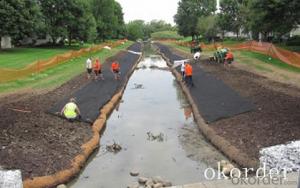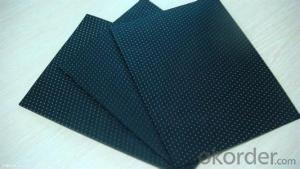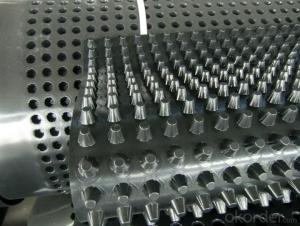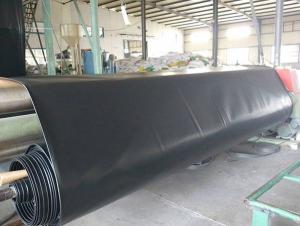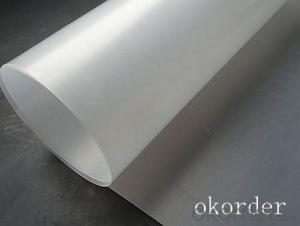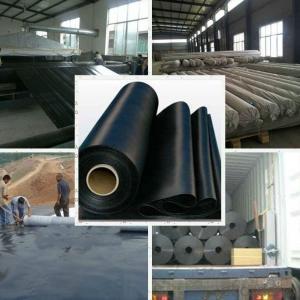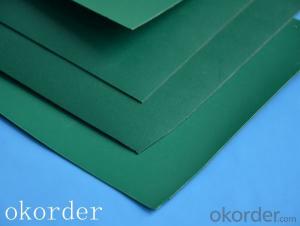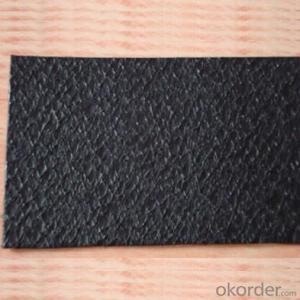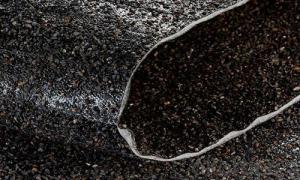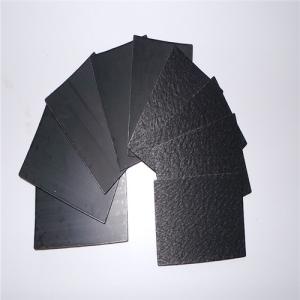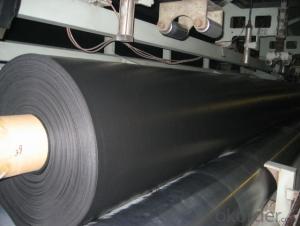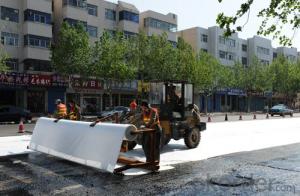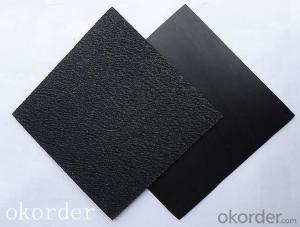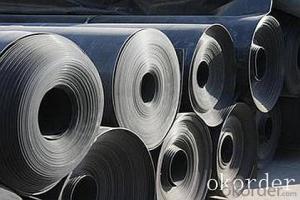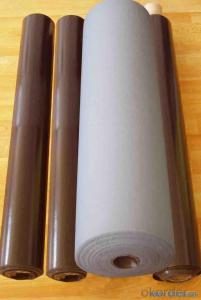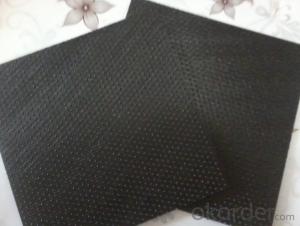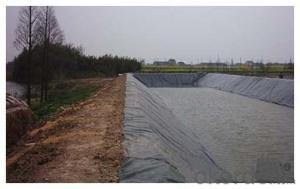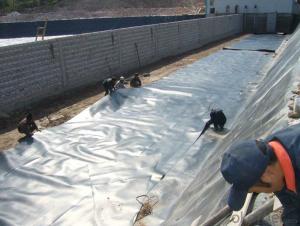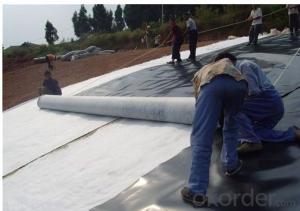All Categories
- - Steel Wire Rod
- - Steel Coils
- - Steel Profiles
- - Steel Pipes
- - Stainless Steel
- - Tinplate
- - Special Steel
- - Steel Sheets
- - Steel Rebars
- - Steel Strips
- - Hot Rolled Steel
- - Cold Rolled Steel
- - Pre-painted Steel
- - Seamless Steel Pipe
- - Welded Steel Pipe
- - Hollow Steel Tubes
- - Galvanized Pipe
- - Stainless Steel Coil
- - Stainless Steel Sheet
- - Stainless Steel Plate
- - Stainless Steel Strips
- - Electrolytic Tinplate Coil
- - Electrolytic Tinplate Sheet
- - Stainless Steel Rebars
- - Solar Panels
- - Solar Water Heater
- - Solar Related Products
- - Solar Inverter
- - Solar Cells
- - Solar Light
- - Solar Energy Systems
- - Solar Controllers
- - Solar Mounting System
- - Solar Pump
- - Solar Chargers
- - Fiberglass Chopped Strand
- - Fiberglass Mesh Cloth
- - Composite Pipes
- - FRP Pultrusion Profiles
- - Fiberglass Mat Tissue
- - Fiberglass Fabrics
- - Fiberglass Mesh
- - Composite Tank
- - Fiberglass Mesh tape
- - Polymer
- - FRP Roofing Panel
- - Fiberglass Roving
- - Monolithic Refractories
- - Ceramic Fiber Products
- - Refractory Bricks
- - Raw Materials For Refractory
- - Suspended Platform
- - Cranes
- - Concrete Machinery
- - Earthmoving Machinery
- - Building Hoist
- - Road Building Machinery
- - Plastic Pipe Fittings
- - Plastic Tubes
- - Plastic Sheets
- - Agricultural Plastic Products
- - Plastic Nets
 All Categories
All Categories
Q & A
What is the significance of geomembranes in the protection of underground infrastructure and utilities?
Geomembranes play a crucial role in safeguarding underground infrastructure and utilities by providing a reliable barrier against infiltration, corrosion, and contamination. They act as protective linings, preventing the escape of hazardous substances and ensuring the longevity and integrity of these vital systems. Geomembranes also enhance environmental sustainability by minimizing the risk of pollution and preserving the quality of surrounding soil and groundwater resources.
How do geomembranes help prevent soil erosion?
Geomembranes help prevent soil erosion by acting as a barrier between the soil and external factors such as water or wind. These synthetic liners are impermeable, preventing water from seeping into the soil and carrying away particles. By reducing the contact between soil and water, geomembranes minimize the erosion caused by runoff. Additionally, they provide stability and reinforcement to slopes or embankments, preventing them from collapsing or being eroded by the force of water or wind.
How do geomembranes perform in high salinity conditions?
Geomembranes perform well in high salinity conditions due to their impermeability and resistance to chemical degradation. They are designed to withstand harsh environments and can effectively contain and protect against saltwater intrusion. The materials used in geomembranes, such as HDPE (High-Density Polyethylene), have excellent resistance to saltwater, making them suitable for applications such as coastal protection, waste management, and mining operations in high salinity areas.
Are geomembranes resistant to biological growth?
Yes, geomembranes are generally resistant to biological growth. The materials used in geomembranes, such as high-density polyethylene (HDPE), have low nutrient content and provide an inhospitable environment for the growth of microorganisms and plants. Additionally, geomembranes are often designed with smooth surfaces that discourage the attachment and colonization of biological organisms. However, it is important to note that the resistance to biological growth can vary depending on the specific type and quality of the geomembrane, as well as the environmental conditions in which it is installed.
Wholesale Geomembranes from supplier in Russia
Our team of experts is well-versed in the technical aspects of Geomembranes and can assist you in selecting the most suitable products for your specific needs. We understand the importance of quality, durability, and performance when it comes to Geomembranes, and we only work with trusted manufacturers to ensure that you receive the highest quality products.
In addition to sales and quotations, we also offer technical support services to help you with installation, maintenance, and troubleshooting. Our team is available to answer any questions you may have and provide guidance throughout the entire process. We are committed to ensuring that your projects are successful and that you receive the best possible support.
As a subsidiary of CNBM, we have access to a vast network of resources and expertise. This allows us to provide comprehensive procurement services, including sourcing, logistics, and financing solutions. We can handle all aspects of the procurement process, saving you time and effort.
Furthermore, our experience in the Russian market sets us apart from other suppliers. We understand the unique challenges and requirements of operating in Russia and can provide valuable insights to help you navigate through any obstacles. Our local knowledge and relationships with key stakeholders enable us to deliver exceptional service and support.
Whether you are looking for Geomembranes for environmental protection, construction, or other applications, we have the products and expertise to meet your needs. Contact us today to discuss your requirements and experience the benefits of working with a dedicated Geomembranes supplier in Russia.
In addition to sales and quotations, we also offer technical support services to help you with installation, maintenance, and troubleshooting. Our team is available to answer any questions you may have and provide guidance throughout the entire process. We are committed to ensuring that your projects are successful and that you receive the best possible support.
As a subsidiary of CNBM, we have access to a vast network of resources and expertise. This allows us to provide comprehensive procurement services, including sourcing, logistics, and financing solutions. We can handle all aspects of the procurement process, saving you time and effort.
Furthermore, our experience in the Russian market sets us apart from other suppliers. We understand the unique challenges and requirements of operating in Russia and can provide valuable insights to help you navigate through any obstacles. Our local knowledge and relationships with key stakeholders enable us to deliver exceptional service and support.
Whether you are looking for Geomembranes for environmental protection, construction, or other applications, we have the products and expertise to meet your needs. Contact us today to discuss your requirements and experience the benefits of working with a dedicated Geomembranes supplier in Russia.
